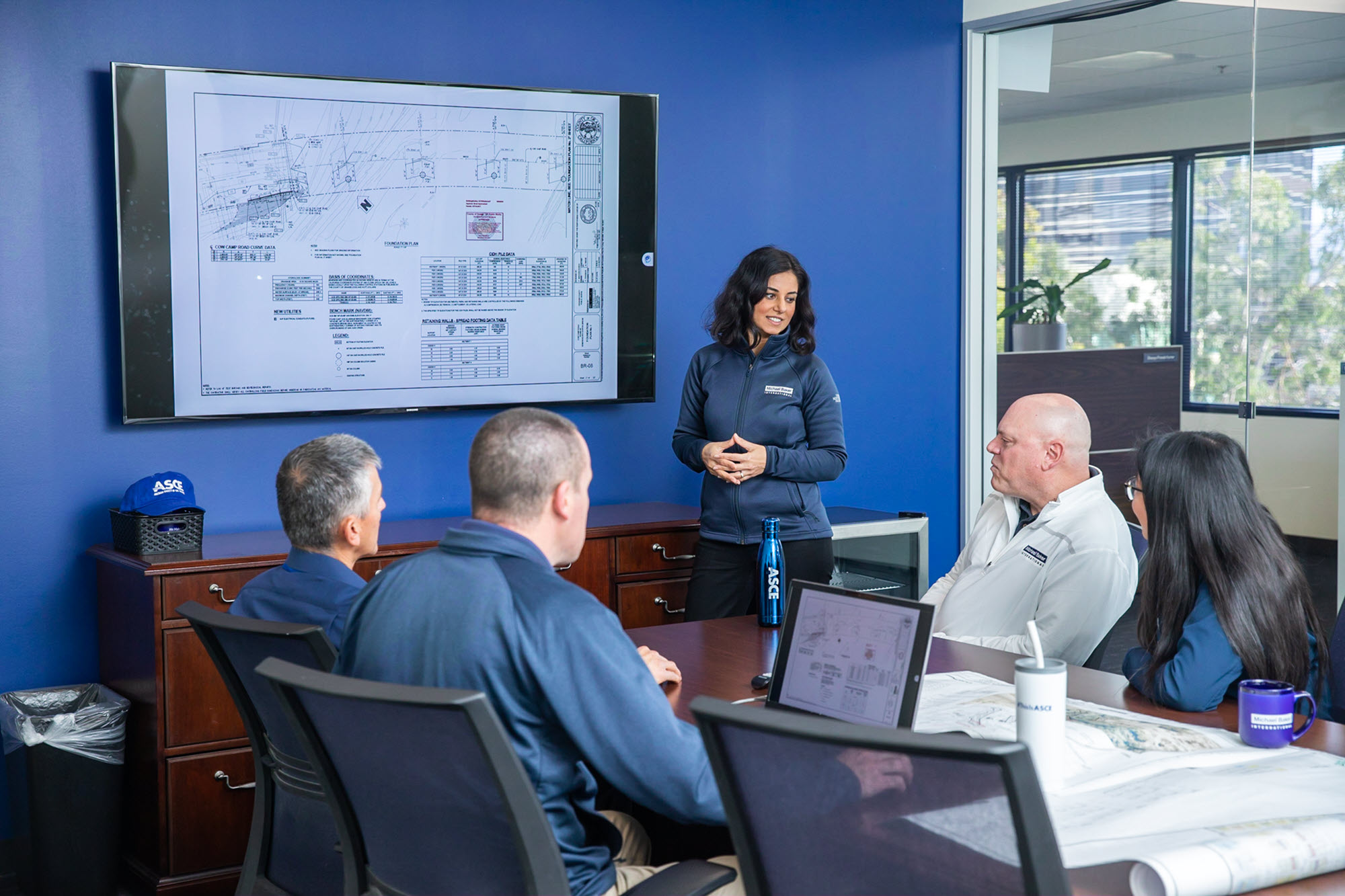 Jason Dixson Photography
Jason Dixson Photography Artificial intelligence is evolving at a rapid pace, and civil engineering firms want in.
But with many new technologies, there is a generational divide in how they have been received – and AI is no different. Young people entering the workforce in the digital age may be more open to experimenting with novel technologies. Older, more established civil engineers might be reluctant to embrace these tools.
Darya Stanskova, M.ASCE, recently brought attention to this issue on ASCE’s Collaborate discussion board. Her post prompted a variety of responses from both young and old civil engineers, who shared their thoughts on what could make older generations more cautious about AI. Find out below what civil engineers think is causing the divide.
William McAnally, Ph.D., P.E., BC.NE, F.ASCE
Engineer at Dynamic Solutions, LLC, and emeritus research professor of engineering at Mississippi State University; Columbus, Mississippi
“I'm one of the old folks. I use AI selectively, always wary of black box syndrome. In the 1990s, I used a neural net technique to create boundary condition time series for a numerical model, and it produced decent but not wonderful results. Since then, I've used it a few times when data gaps made other techniques fall short. It's helpful, but not a panacea.
“I understand that AI can produce good computer code, but I can't testify personally to its reliability. Testing to ensure the code reproduces known accurate results is essential both to use and convince us older folks that it can be trusted. I enjoy writing programs, so I'm not tempted to try.
“So far, my testing of LLMs on deeply technical subjects that I understand has shown them to often hallucinate. When that happens, it's not only fear of the new that inhibits AI's use, it's that technology that still contains bugs, like Windows 1.0 did.”
Michele Heyward, EIT, A.M.ASCE
Founder of PositiveHire; Denmark, South Carolina
“I think as an older engineer, I've seen new tech become an issue. AI in civil engineering may not be the solution we really need.
“As someone who's seen technology evolve over decades in engineering, I've grown cautious. AI may be the latest buzzword, but in many cases, it's not what organizations truly need.
“What's often lacking are streamlined processes, thoughtful automation, and a solid understanding of workflows before adding another layer of tech, especially on construction sites, where much of our time is still spent in conversation solving problems collaboratively before documenting solutions. GenAI can't replace that deep, nuanced communication or context. And without understanding the full process, GenAI just fills gaps with assumptions.”
Heidi Wallace, P.E., M.ASCE
Civil engineer at Wallace Design Collective; Tulsa, Oklahoma
“I think a lot of people are too enthusiastic to implement AI because it is perceived as the latest and greatest, so much so that they fail to take the proper steps to test it. AI is not infallible, and there needs to be checks and balances in place to make sure the data it is spitting out is trustworthy.
“AI can very convincingly give inaccurate outputs, and younger employees still need to know what the AI is doing, similarly to how we still learn to do math by hand before using a calculator and how to do designs on paper before using design software. You have to understand what it is doing to be able to check the outputs.
“As with any new technology, there is some benefit to the resistance of some when there are legitimate pitfalls that would be overlooked with an overeager implementation.”



